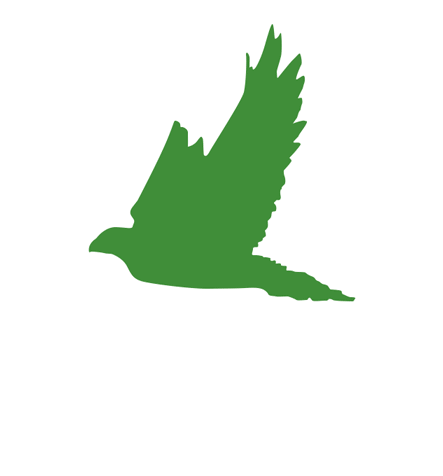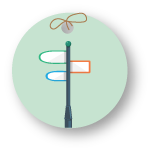The Ministry of Climate Change and Environment (MOCCAE) today announced the completion of phase one of its research project to map agricultural areas across the UAE’s northern emirates using drones.
Spanning 550 square kilometers of agricultural lands across Dubai, Sharjah, Ajman, and Umm Al Quwain, phase one mapped as many as 41 categories of statistical data and provided a wealth of raw information that is being analyzed through leveraging AI technology.
The data collected using drones indicated the presence of 5,637 farms - 895 of them are crop farms and 2,919 are animal farms. The crop farms consist of 35,535 fruit trees and 200,230 trees that serve as windbreakers. The survey also tracked the presence of 5,635 farm buildings (labor accommodations, barns, and warehouses, among others), 362 wells, and 3,447 protected farms - 2,635 of them use netting to protect their crops. Ghaf trees accounted for 73,344 of all trees on these farms.
The output data of phase one is currently being benchmarked against satellite images and will be uploaded to the Ministry’s GIS website https://gis.moccae.gov.ae/arcgis/home/.
Speaking on the project, His Excellency Dr Thani bin Ahmed Al Zeyoudi, Minister of Climate Change and Environment, said: “Through leveraging drones for spatial data collection on farms, MOCCAE is keen to establish an accurate database of actionable statistical information to inform decision making and planning. The move will help us optimize the allocation of natural resources and expand sustainable agriculture.”
His Excellency Dr Al Zeyoudi noted that the project, once complete, will place the UAE among the top five countries in the world in terms of area surveyed using unmanned aerial vehicles, and the first to employ this technology to map as many as 41 categories of statistical data.
Phase two of the project is scheduled to run from October to December 2019, and will map agricultural areas in Fujairah and Ras Al Khaimah.
Aimed at facilitating the planning of future agricultural support services, the scheme will provide a wealth of raw data for analysis, such as the number and size of crops, livestock, and mixed farms as well as cooled and regular greenhouses, soil type and condition, and crop diseases.
The mapping exercise will help MOCCAE measure agricultural productivity to devise adequate marketing plans for farmers. It also examines irrigation methods to provide the Ministry with an accurate estimate of the volume of irrigation water used by agricultural holdings. MOCCAE will use the information to plan ways to alleviate the pressure on groundwater through deploying sustainable irrigation methods.
Once complete, the project will help MOCCAE assess the impacts of climate change on the agricultural sector in the UAE, as well as predict the volume of carbon dioxide emissions and waste generated by agricultural activities to devise adequate management plans.

 Nearby Happiness center
Nearby Happiness center  Converting PDF files to accessible HTML
Converting PDF files to accessible HTML Probelm Opening files?
Probelm Opening files? knowledge Center
knowledge Center MS Word, MS Excel,PDF Files
MS Word, MS Excel,PDF Files e-Services
e-Services Service Directory
Service Directory  Change Screen Resolution
Change Screen Resolution Find Information
Find Information